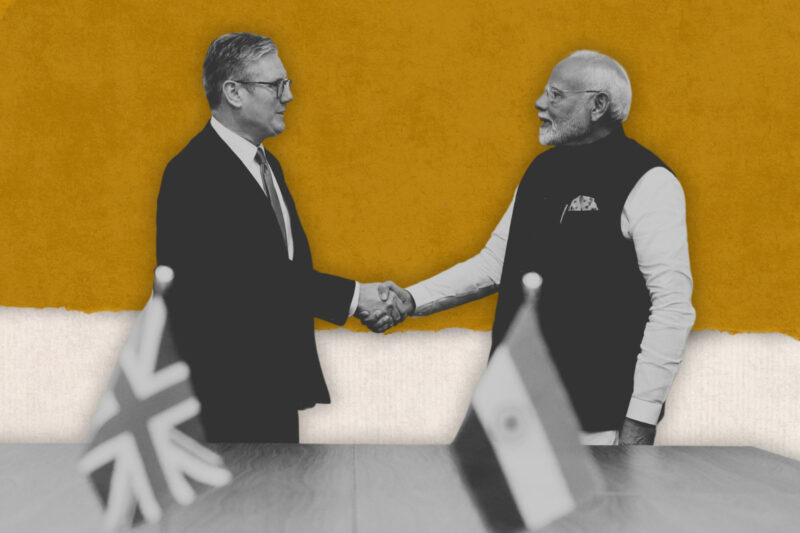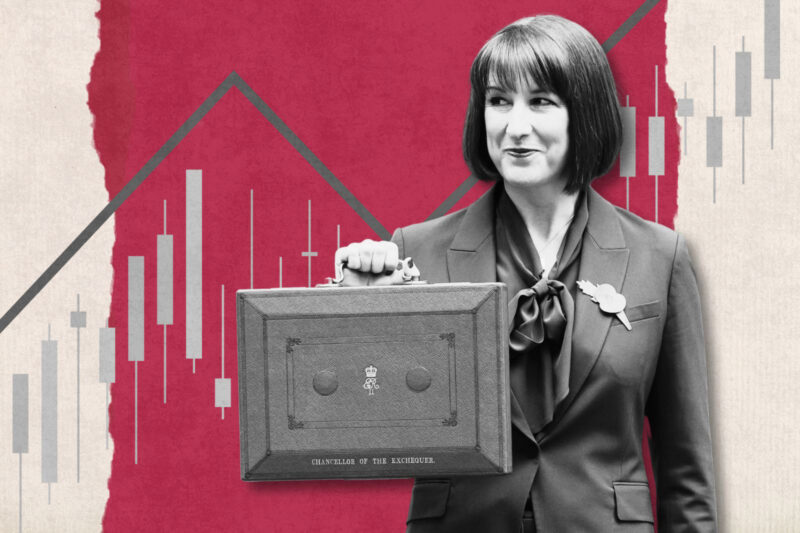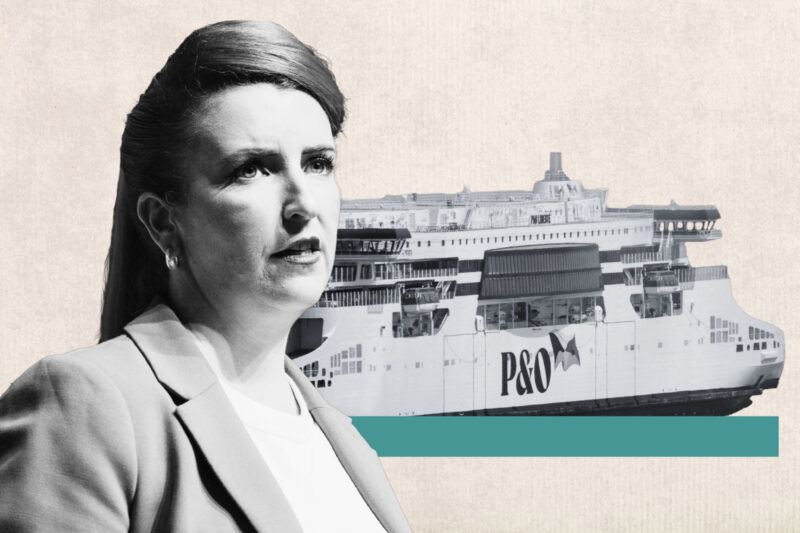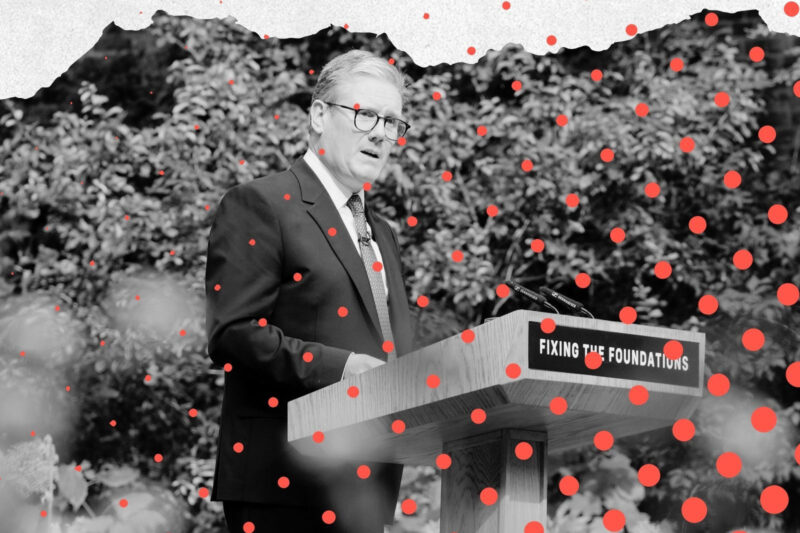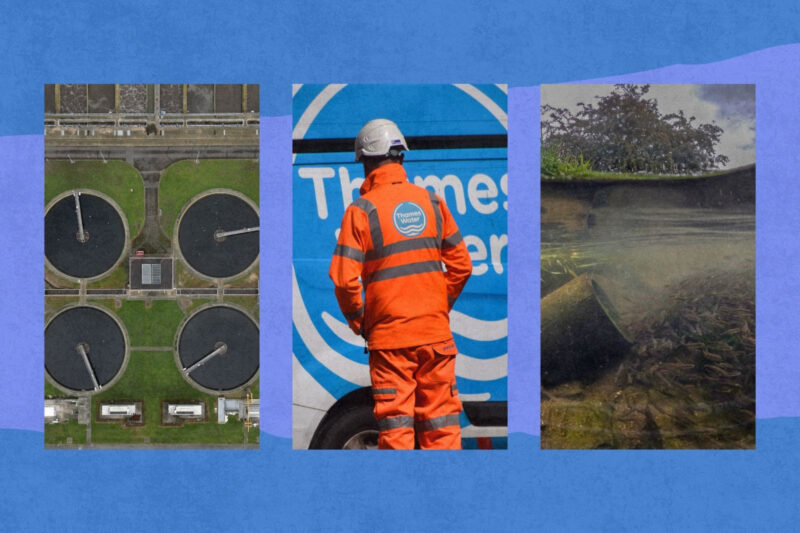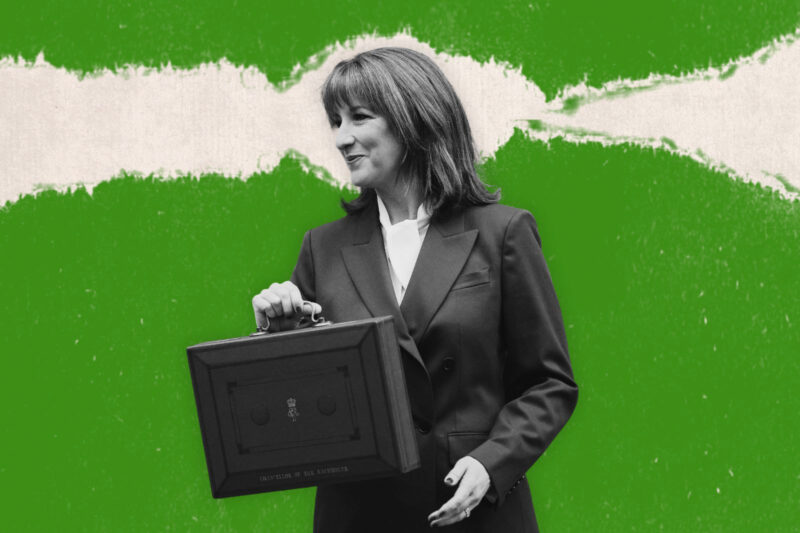Why Reeves’ economic pledges have MPs jittery
The chancellor hopes that announcements on airport expansion signal a way out of the economic doldrums. But ‘growth’ comes at a price
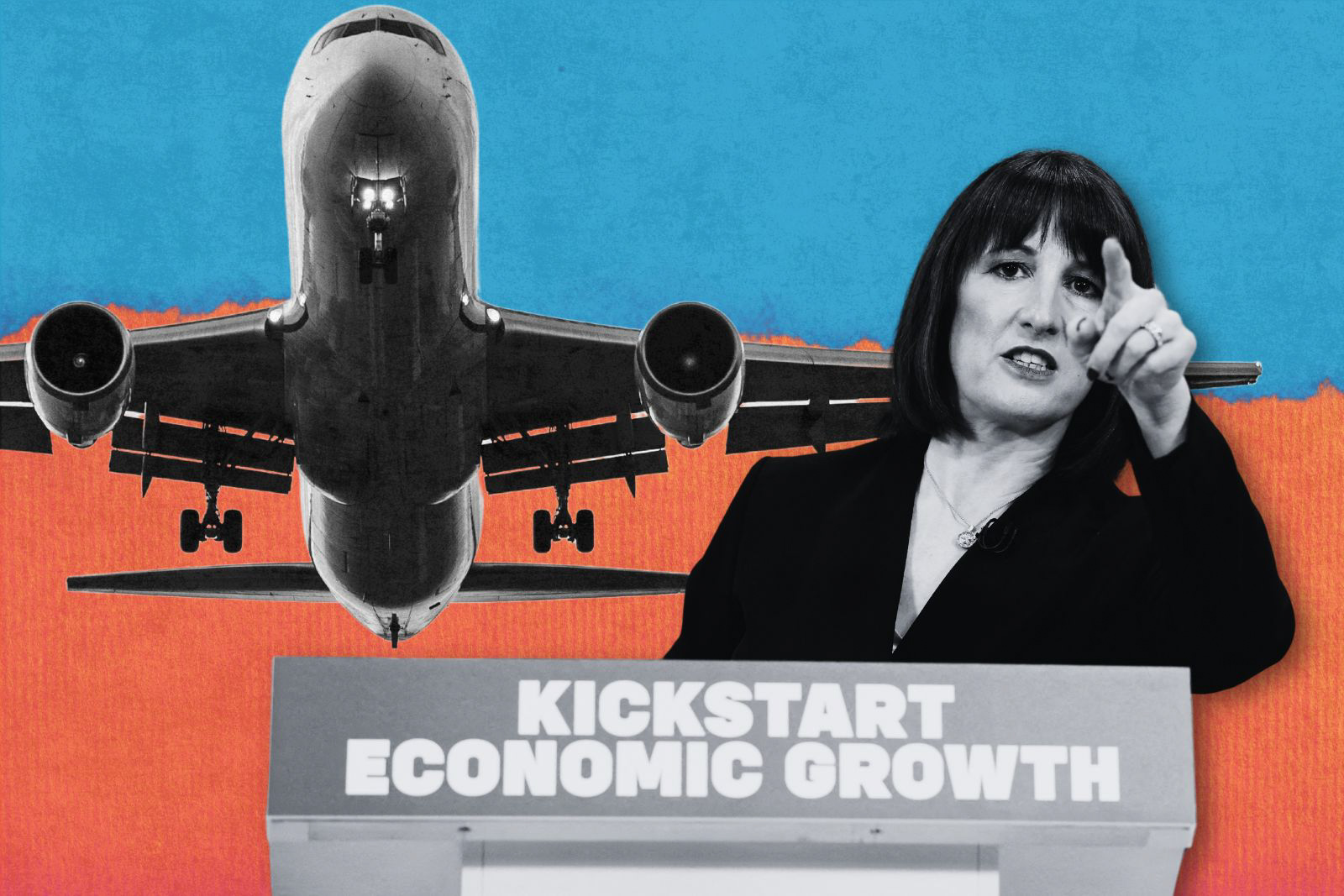
Labour made one thing clear when it took office: growth was its defining mission. Yet with the economy flatlining and the initial reaction to its first budget being far from inspiring, the chancellor is under intense pressure to show she means it.
There is a growing expectation from voters that Labour needs to improve their lives, and do so quickly. After struggling to have much of an impact on the economy, or to drum up excitement after her first budget, Rachel Reeves on Wednesday took to the podium in Oxfordshire to unveil the next phase of her plan. But don’t call it a relaunch: Labour insists her approach — focused on supply-side reform (policies to increase the supply of goods and services) and deregulation — has been long in the works. Privately, however, economists say this is an attempt to shift the tone away from the doom and gloom and offer a more positive path.
The strategy, reminiscent of Thatcherite economics, is particularly evident in the chancellor’s push to overhaul the UK’s planning system. The goal is to accelerate infrastructure projects; the government has now publicly offered its full support for a third runway at Heathrow and a commitment to the Oxford-Cambridge Arc, a project aimed at better linking two high-productivity areas.
A recent business breakfast with City chief executives showed clearly the emphasis Labour is putting on courting big business, with deregulation high on the agenda. But while these large corporations might be receptive, small businesses are still feeling pretty negative. Policies such as the increase in employer National Insurance contributions and the rise in the National Living Wage have added to some companies’ costs at an already difficult time.
One small family-run printing business owner I spoke to in Coventry last year painted a dire picture. The extra outgoings meant it had to lay off a member of staff; if that’s not enough and it still can’t cope with the extra costs, it might go under. And it is not alone. Research by financial analytics firm S&P Global last week found that the number of businesses in parts of the private sector cutting jobs is at its highest level since the first year of the pandemic.
The economic pain is real. During last year’s general election campaign, I travelled the country with then-PM Rishi Sunak, speaking to voters about their concerns. Time and again, the most pressing issue was the cost of living. Prices are higher, wages are stretched, and many feel worse off. Labour inherited this reality, but will be judged on its ability to change it.
That’s why economic growth is at the heart of its policy agenda. Without this, its promises on improving public services and living standards can only be met through higher borrowing or higher taxation — neither of which Labour is keen on. The political stakes therefore could not be higher. Labour MPs, while publicly supportive, are privately anxious about the lack of visible economic improvement. They know their fate is tied to the Treasury’s performance — that’s why some of those I have spoken to in recent weeks have suggested that, without improvement soon, pressure to change direction and potentially have a new chancellor will grow.
Yet the ambitions outlined by Reeves on Wednesday will take time. Big projects do not happen overnight and can sometimes take decades. The government is also likely to face significant hurdles to these proposals — not just logistical, but also political. There are environmental concerns and internal opposition brewing over some of the plans. The new support for a third runway at Heathrow, for example, has faced criticism for some time. Mayor of London Sadiq Khan remains opposed to the idea due to its impact on net zero targets and air quality. Ed Miliband, now the UK’s energy secretary, had the same job under Gordon Brown — and famously threatened to quit in 2009 if Brown pushed ahead with Heathrow expansion.
Miliband has now changed his tune, and those in government tell me that if any expansion of any British airport were to take place it would happen within the UK’s carbon targets. One very pro-net-zero Labour MP, however, told me they were worried that the government was on a path to weakening its environmental position as a trade-off for boosting growth. Interestingly, one senior Tory advisor said they believed that the two parties’ positions on net zero and its impact on economic growth could end up being a defining line between the two. The Tories want more focus on growth and are likely to criticise Labour for not going far enough.
Challenges aside, Labour’s bet is clear: that structural reforms, deregulation and a pro-business approach will eventually bear fruit. But the clock is ticking. That is why Reeves keeps repeating that it is time to go “further and faster”. If growth does not materialise soon, the patience of both the public and Labour’s own MPs may wear thin.
Shehab Khan is an award-winning presenter and political correspondent for ITV News.
 Newsletter
Newsletter


